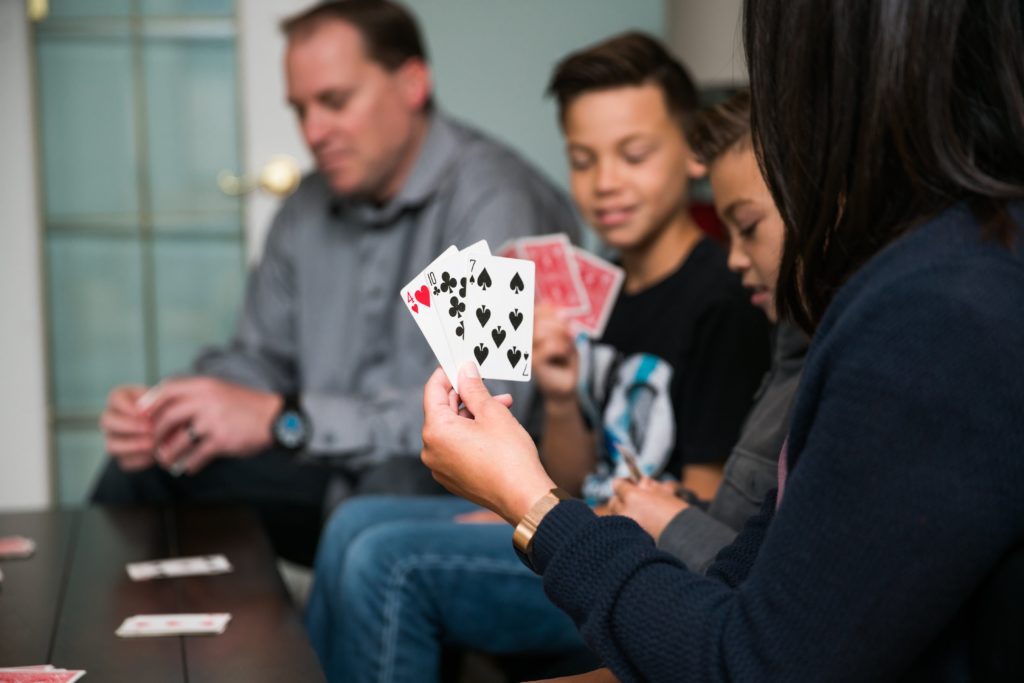Cultural heritage is a repository of traditions, beliefs, and practices that define who we are as individuals and communities. It is a living tapestry that connects generations, providing a sense of identity and belonging. One powerful way to unveil and preserve this rich cultural heritage is through generational stories.
Oral traditions have been the cornerstone of passing down cultural heritage for centuries. Generational stories shared through spoken word contain a wealth of knowledge, wisdom, and history. These stories serve as a bridge between the past and the present, allowing younger generations to connect with their roots. They often encompass myths, legends, folklore, and personal anecdotes that offer insight into the values and beliefs of a culture.
Generational stories help individuals and communities develop a strong sense of cultural identity. As younger generations hear about their ancestors’ triumphs and struggles, they gain a deeper understanding of their heritage. This knowledge fosters pride and a sense of belonging, empowering them to carry forward the traditions and values of their culture.
Sharing generational stories strengthens the bonds between different age groups within a family or community. Older generations pass on their experiences, while younger ones absorb this wisdom and add their own perspectives. This exchange of stories not only imparts knowledge but also strengthens familial and communal ties.
Generational stories often contain multiple perspectives on historical events and cultural practices. This diversity of viewpoints enriches our understanding of the past and allows for a more nuanced appreciation of different cultures. It encourages respect for differing traditions and promotes cultural tolerance.
Written records, such as diaries, letters, and historical documents, are invaluable for preserving generational stories. These tangible artifacts provide a window into the past and offer concrete evidence of cultural practices and historical events. Archiving such materials in libraries and museums ensures their accessibility to future generations.
Tangible artifacts, including clothing, tools, art, and religious objects, can evoke vivid cultural memories. Museums and private collections often house these items, allowing people to connect with their cultural heritage on a sensory level. These artifacts serve as visual and tactile cues that help revive generational stories.
In the digital age, technology plays a pivotal role in preserving and sharing generational stories. Online platforms, blogs, and digital archives facilitate the recording and dissemination of oral histories, documents, and photographs. These resources ensure that cultural heritage can be accessed globally, transcending geographical boundaries.
Cultural workshops and festivals provide hands-on experiences that immerse participants in their heritage. These events offer opportunities to learn traditional skills, crafts, music, and dances. They often incorporate storytelling sessions where elders share their generational stories with a live audience.
Genealogy and ancestry research enable individuals to trace their roots and uncover generational stories. With the help of genealogical records, DNA testing, and online databases, people can connect with their ancestral past and discover previously unknown stories about their heritage.
Generational stories serve as a potent vessel for unveiling and preserving cultural heritage. They bridge the gap between the past and the present, strengthening cultural identity, fostering intergenerational bonds, and promoting cultural tolerance. The material aspects of this process, including oral traditions, written records, artifacts, and digital resources, play a pivotal role in ensuring that these stories are not lost to time.
As we embark on a journey to unveil our cultural heritage through generational stories, it is crucial to recognize the profound significance of these narratives in shaping our collective identity. By preserving and sharing these stories, we honor the legacy of our ancestors and provide a roadmap for future generations to explore their cultural roots. Ultimately, generational stories are a testament to the enduring power of culture and the human spirit to pass down the stories that define us.



